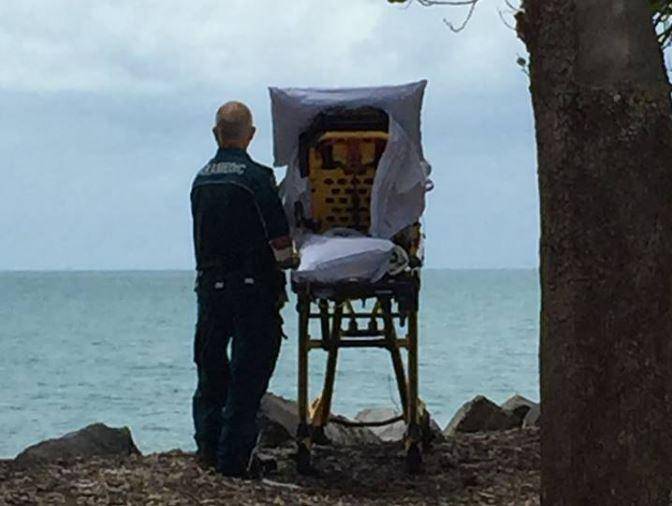
Have you noticed that you have become less empathetic? Are you feeling less compassion and sympathy towards others? While some might attribute this to societal issues such as our fast-paced world, and our way of being which may be seen as self-centered and self-focused, there may be another factor that needs to be considered; namely, the common pain medication we might be taking.
According to researchers at Ohio State University, acetaminophen, the main ingredient found in Tylenol, can reduce one’s empathy. As explained by Dominik Mischkowski, the author of the study,
Ultimately, these effects will need to be studied in patients who are actively experiencing pain, but they suggest that a patient taking acetaminophen may have less empathy for the sufferings and troubles of his or her child, spouse or coworker
Click here to continue reading.





